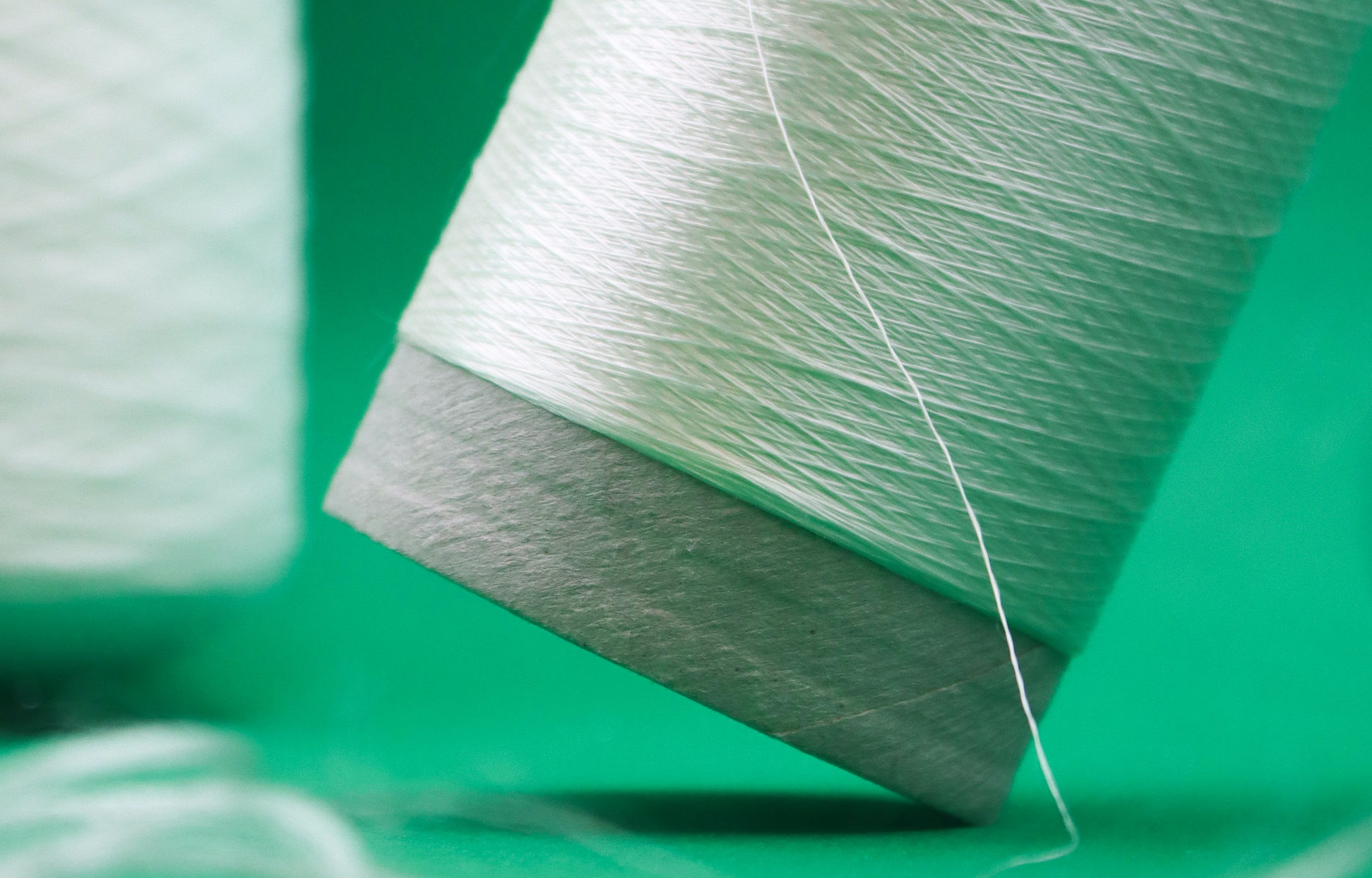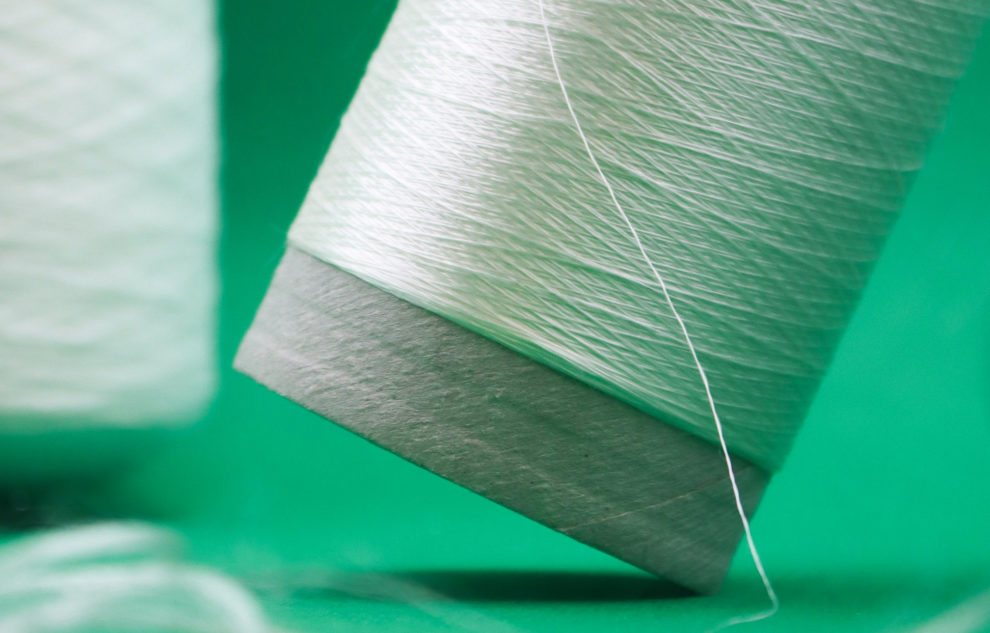In the not-too-distant future, it may be possible to come home, kick off your made-from-fungus sneakers, hang up your kelp yarn jacket, and plop down on a plush sofa upholstered in cell-grown leather.
Those are some of the fabric and materials advancements that, in varying degrees of market readiness, startups have been cooking up in the past few years. With venture funding to the space picking up this past year, many are getting closer to mass-market adoption.
Search less. Close more.
Grow your revenue with all-in-one prospecting solutions powered by the leader in private-company data.
It’s not a new trend. Driven by growing demand for high performance materials that are sustainably and ethically sourced, investors have been plowing significant sums for years into the textile and alt leather spaces.
And while overall startup investment has been slowing, sizable deals in this space are still getting done.
Faux leather, real money
This week was a case in point, with Silicon Valley-based VitroLabs, a developer of cell-cultivated leather, closing on $46 million in a Series A funding round. Agronomics led the financing, joined by a list of backers including Khosla Ventures, Regeneration.VC, and Leonardo DiCaprio.
Founded in 2016, VitroLabs describes itself as a biotech startup. The company touts its offering as a “cultivated animal leather” that preserves the physical characteristics of the material, while eliminating the environmental and ethical concerns around it.
It’s a compelling pitch, but also a competitive space. Even CEO Ingvar Helgason acknowledged as much in the funding announcement, observing that: “There has been an explosion of companies that are developing alternative materials to leather.”
And while not all these are funded startups, many are.
By far the most heavily funded is Bolt Threads, which makes high-performance materials including a faux leather, Mylo, sourced from the fungus mycelium. The Emeryville, California-based company has raised over $470 million to date, including a $253 million Series E in September. Last year, it debuted Mylo in a fashion collaboration with designer Stella McCartney.
Modern Meadow, a maker of bio fabricated materials including faux leather, has also been a prodigious fundraiser, with more than $180 million in venture backing to date. The company recently partnered with fashion brand Everlane on an alt-leather tote bag.
Alternative fabrics on the rise
Beyond leather substitutes, startups are cooking up a range of other eco-friendly and performance fabrics that could soon find their way into our homes and wardrobes.
To get a sense, Crunchbase compiled a list of nine companies in the fabric and faux-leather space that have raised new funding or carried out public offerings in recent quarters:
After VitroLabs, the most recently funded company on the list is Algiknit, a Brooklyn-based maker of kelp yarn that recently raised $15.46 million in fresh investment, according to a securities filing. The company describes its product as “durable yet rapidly degradable.”
Meanwhile, Twine Solutions, an Israeli textile startup, is looking to improve sustainability in the dyeing process with a waterless thread-dyeing system. The company has raised at least $50 million in known funding to date, including a $28 million round nearly a year ago.
The concept of fabric recycling is also gaining traction. To capitalize on this, Evrnu, a Seattle-based startup that recycles cotton garment waste to create new textiles, raised $15 million in a November Series B round.
Premium now, but maybe not for long
For now, when startups get innovative new fabrics and materials to market, we mostly see them featured in curated, higher end collections, as has been the case for Bolt and Modern Meadow.
But as production scales and costs come down, there’s an increasingly good chance these fabrics of tomorrow will become everyday products. And for those of us who’d like our clothes and furniture more sustainably sourced, this should be a good thing.
Of course, it may seem odd at first to be decking ourselves out in mushroom- and kelp-based attire. On balance, though, it certainly doesn’t seem worse than the current status quo, with its heavy reliance on petroleum-based synthetic fabrics and cowhide.
Image: Startup AlgiKnit makes yarns derived mostly from kelp, a renewable and regenerative organism. [AlgiKnit media handout photo]

Stay up to date with recent funding rounds, acquisitions, and more with the Crunchbase Daily.





![Illustration of pandemic pet pampering. [Dom Guzman]](https://news.crunchbase.com/wp-content/uploads/2021/03/Pets-2-300x168.jpg)
67.1K Followers